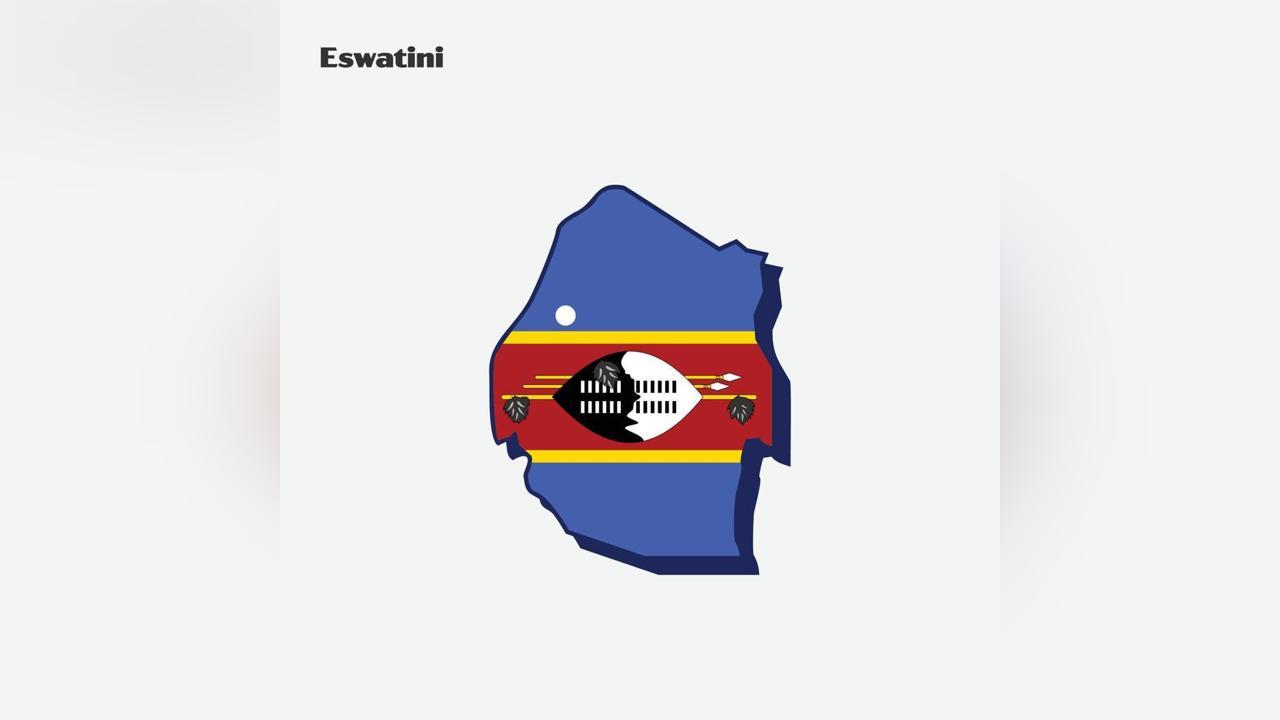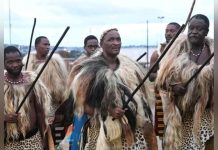Africa-Press – Eswatini. The 29th June 2021 will be remembered as a day that changed our country.
The Human Rights and Integrity Commission stated in its inconclusive report it found human rights abuses were perpetrated during the unrest and concluded that, in responding to unrest, security forces used lethal force indiscriminately on protesters and members of the public who were not part of the protests. To mark this day, I would like to pay respect to all emaswati who have in June 2021 and beyond. I would like to urge the government to appreciate that their silence will never make emaSwati to forget what transpired on this fateful day. We continue to urge authorities to set up an independent enquiry in order for families to find closure and the nation to heal.
Converged
On 27th and 29th June, over 100 civil society represented converged at Esibayeni for a conference jointly organised by CANGO and Multi-Stakeholder Forum to engage in dialogue, which sought to envision Eswatini we want. This was an effort by organisers to provide a platform from cross section of emaSwati drawn from various organisations including youth, women, those with disabilities, LGBTQI and political parties to mention a few. While organisations which participants represent are critical but the gathering was for emaSwati to avoid being seen as arm chair critics, but to also offer solutions on the Eswatini they want. A country where all feel welcome and willing to make a contribution. The individual reflections on what the day to day struggles each participant face, revealed that there are serious challenges that require all emaSwati, in their diversity, to reflect and make a contribution.
The struggles the participants face include poverty, gender-based violence, ill health and limited access to health services, unemployment, especially the graduates who shared how they struggle to make ends meet yet they are skilled, those with disabilities who face exclusion and struggle to access social protection programmes, mental health challenges, inability to enjoy rights that the Constitution guarantees such as freedom of expression, freedom of association and assembly to mention a few.
Depends
There was recognition that these challenges cannot be solved by government alone, but depends on all emaswati working together to find solutions. The World Bank report confirms the Eswatini development challenges which includes unemployment, inequality, and poverty being high in Eswatini partly due to weak job creation in the formal economy. It state sthat the 2021 Labour Force Survey puts the unemployment rate at 33.3 per cent, the highest in over a decade. Also it highlights other contributory factors including high vulnerability to external shocks, natural disasters, and economic shocks which undermines economic growth, exacerbates poverty and inequality reduction. It is noted further that vulnerability to drought, in the context of heavy reliance on smallholder agriculture, is in particular associated with a high incidence of food insecurity. Also noting that the war in Ukraine has exacerbated these vulnerabilities.
The UNICEF report further confirms that approximately 59 per cent of the population live below the national poverty line and 20.1 per cent are in extreme poverty. The poverty gap in rural and urban areas is estimated at 30.3 and 5.9 per cent, respectively. This heavy burden disproportionately impacts children as 56.5 per cent are classified as multidimensional poor. The recent Vulnerability Assessment revealed that 35 per cent of households in rural areas have poor food consumption patterns while 11 per cent reported to have faced severe hunger in past 30 days. The current unemployment rate is worst in the rural areas population with higher rates (63.3 per cent) than urban population (36.7 per cent). Youth unemployment increased from 47.4 per cent in 2019 to 58.2 per cent in 2021.
Emaswati especially those trapped in poverty, unemployment, chronic hunger, human rights violation to mention a few desire a country that will provide enabling environment to address the development challenges affecting a high percentage of emaswati. I would like to note that some cynics and apologists often argue that it is not only Eswatini facing these challenges and of course will point to our neighbour South Africa, a country which is a beacon of multiparty democracy. While this may be true, Eswatini problems are not the same with other countries. Hence, the need for national dialogue.
The conference then agreed on nine thematic issues that should inform the Eswatini we want. This includes: political participation, human rights for all including freedom speech, gender equality, a gender-based violence free society, diversity, equity and social inclusion, disabled persons inclusion, meaningful citizen participation, economic, social, political and religious transformation. It is encouraging that citizens are not waiting for the government for dialogue. This generation has no option but to build a legacy for the coming generation characterised by peace, national cohesion and a prosperous society. Change will not happen on its own, we all must act.
For More News And Analysis About Eswatini Follow Africa-Press







